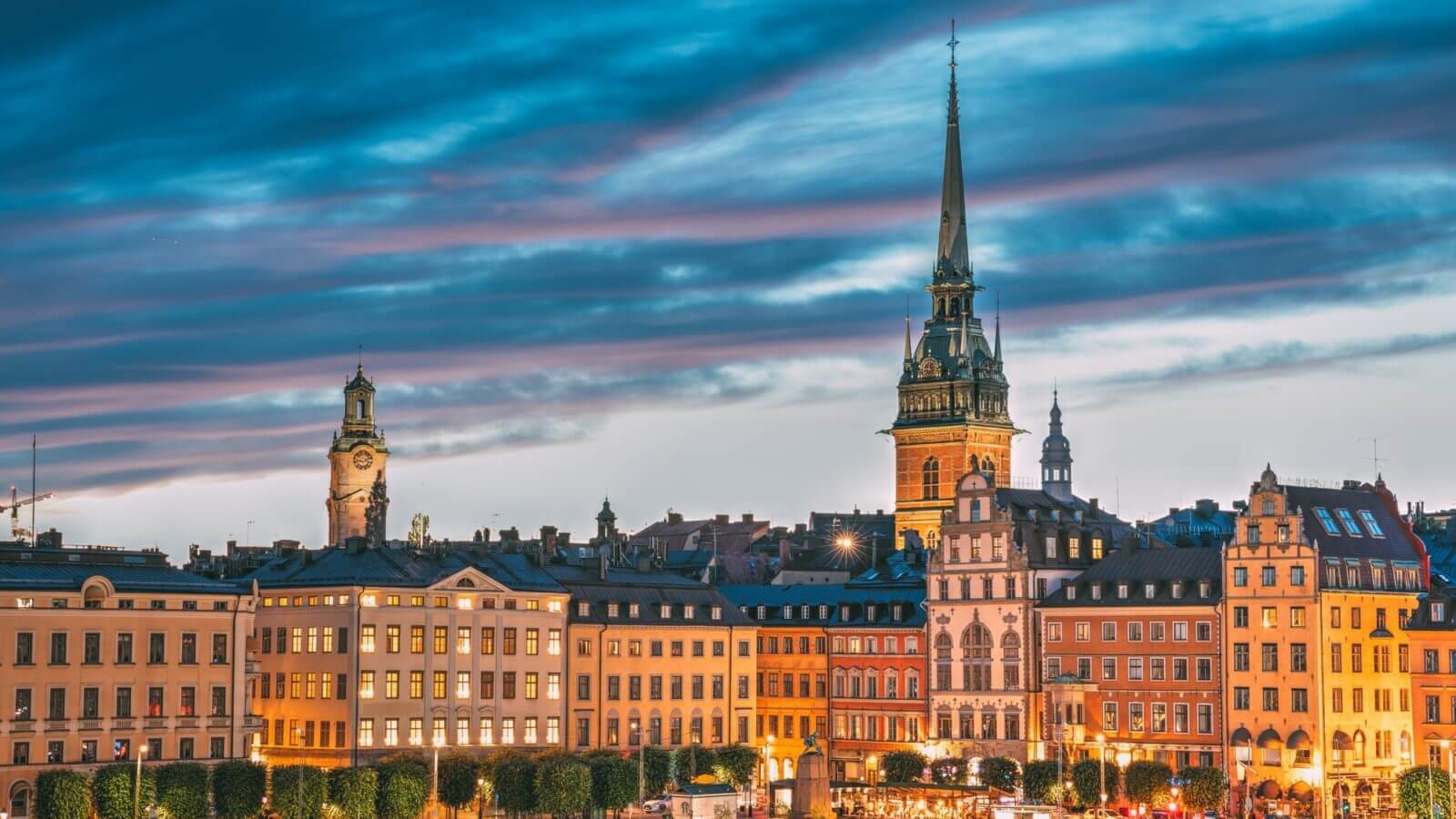While living and studying in Poland, you will hear about some of our Nobel Prize laureates. Especially now, that Olga Tokarczuk, a writer born and raised in Poland, has won the Nobel Prize in literature!
A short history of Nobel Prize
Nobel Prize is a distinction awarded for outstanding scientific and literary achievements or services to societies and humanity. It was established by the last will of the founder, Swedish industrialist and dynamite inventor, Alfred Nobel. Since 1901 the prizes are awarded annually in the following areas:
- physics
- chemistry
- physiology or medicine
- literature
- peace
- economy (since 1968)
So now that all that is clear, let’s get to introducing the most important and remembered Polish laureates:
Maria Skłodowska-Curie
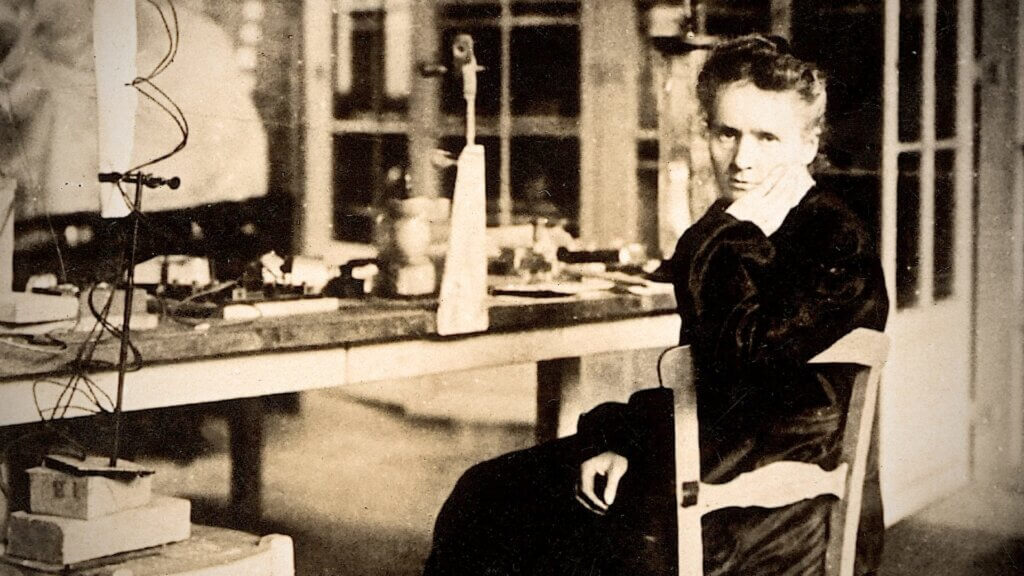
The first awarded Polish person is Maria Skłodowska-Curie (1903). She was born in Warsaw in 1867, but she moved to Paris when she was 24 to study there (females couldn’t apply to Polish universities back then). She won the prize in the field of physics for joint researches on the radiation phenomena with her husband Pierre Curie and a professor Henri Becquerel.
Henryk Sienkiewicz
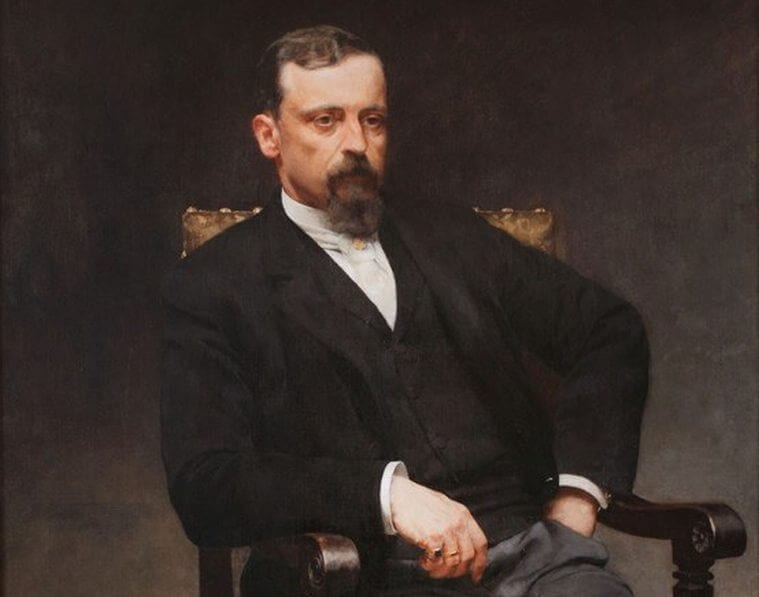
The next person who was honoured enough to win the prize is Henryk Sienkiewicz (1905). We’re pretty sure that if you’ve lived in Poland long enough, you must have heard this writer’s name at least once or twice. His works are set books in schools till this day and every Polish person will name some of them no matter the age. The most popular ones are:
- The Trilogy (Trylogia) with the novels:
– With Fire and Sword (Ogniem i Mieczem) (1884),
– The Deluge (Potop) (1886),
– Fire in the Steppe (Pan Wołodyjowski) (1888), - Quo Vadis: A Narrative of the Time of Nero (Quo Vadis: Powieść z czasów Nerona) (1895),
- The Knights of the Cross (Krzyżacy) (1900),
- In Desert and Wilderness (W Pustyni i w Puszczy) (1911).
Needless to say, Sienkiewicz won the Nobel Prize for his outstanding merits as a writer.
Maria Skłodowska-Curie (second time)
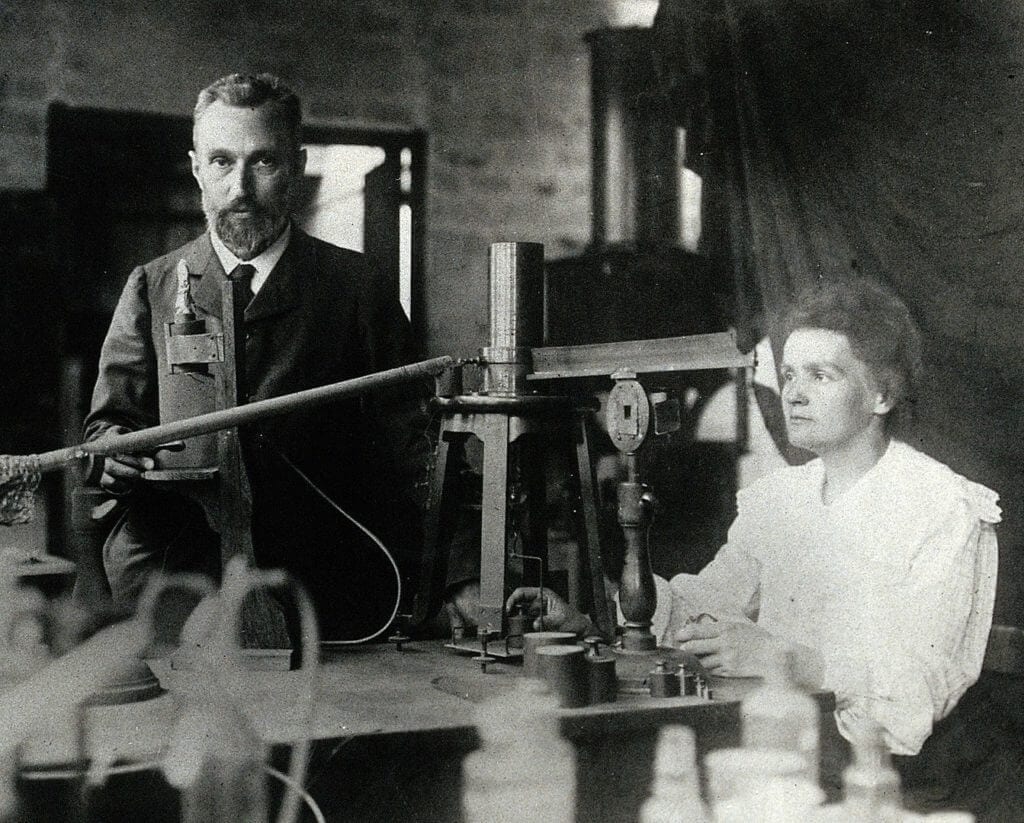
Then, in 1911, The Nobel Prize in the field of chemistry went to Maria Skłodowska-Curie, again! Skłodowska with her husband, discovered the elements radium and polonium. This research changed the world of chemistry forever. Still, it was also one of the reasons Maria passed away twenty-three years later from exposure to radiation. She was the first and only “double winner”. That’s why when asking a Polish person “who’s the first Nobel Prize laureate that comes to your mind?”, you’ll probably hear “Maria Skłodowska-Curie” in response.
Władysław Reymont
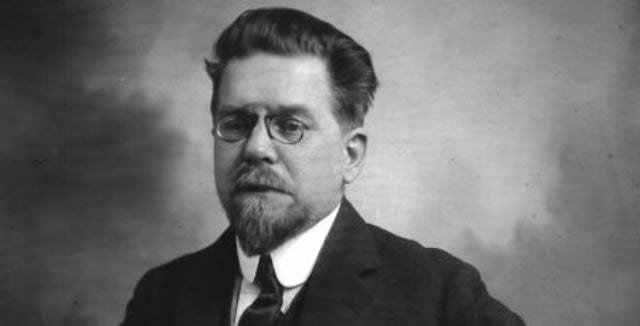
Thirteen years later, in 1924, another literature prize went to Władysław Reymont, a novelist born in 1867. Reymont wanted to present a real picture of the Polish peasantry society. His work “The Peasants” (Chłopi) won the prize and is now being a set book in schools. Till this day it’s called one of the greatest national epic.
Czesław Miłosz
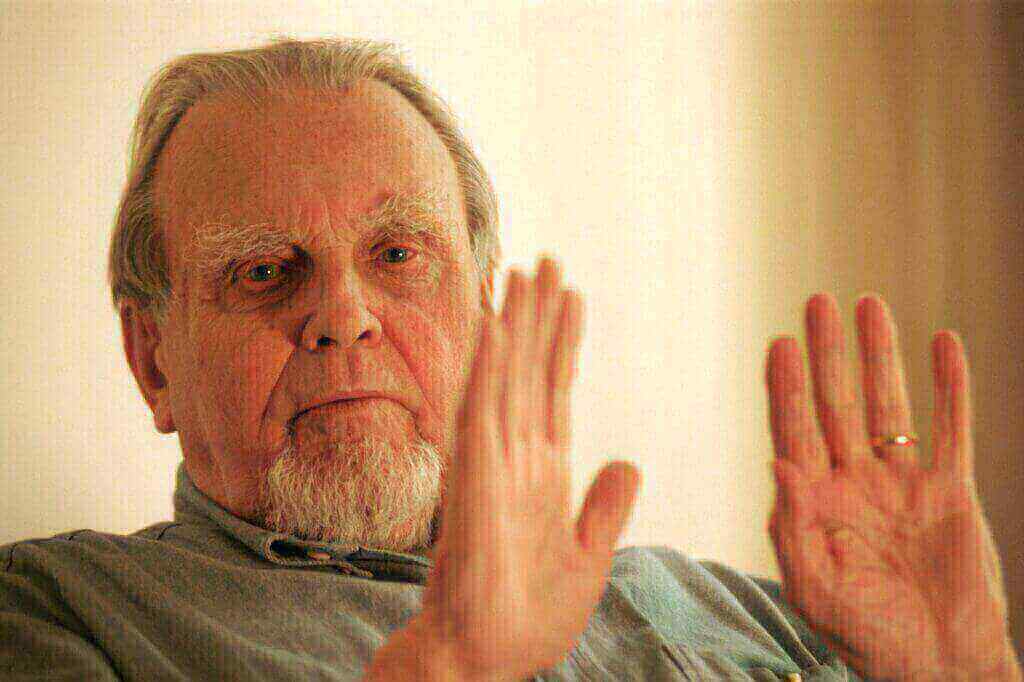
After Reymont, in 1980, another writer proved the world that the best creators were Polish. Czesław Miłosz, “who with uncompromising clear-sightedness voices man’s exposed condition in a world of severe conflicts” (Swedish Academy), won The Nobel Literature Prize. Miłosz was the man of many talents. Not only was he a poet, but also a Polish-American translator, essay writer, prose writer and a diplomat. After the war, his poetry became highly intellectual. It was associated with the ambition of rebuilding the lasting values of European culture, conscience and faith. He understood literature at the time as a way to save after the defeat of humanity. Miłosz is known as the best polish poet of the XX century.
Lech Wałęsa

In 1983, one of the most significant characters in Polish history finally stood on the pedestal and received the Nobel Peace Prize. Lech Wałęsa, the second president of Poland, born in 1943. You should definitely know about this man. Gdańsk International Airport was officially renamed Gdańsk Lech Wałęsa Airport, and, fun fact, Wałęsa’s signature is incorporated into the airport’s logo. Streets and schools all over Europe are named after Lech Wałęsa. He is the founder of Solidarność (1980) that was the first trade union that was not controlled by the communist party. One-third of Poland’s working-age population was involved in this social movement. Founding Solidarność (Solidarity) and being the campaigner for human rights brought Wałęsa the possibility to win the Nobel Peace Prize.
Wisława Szymborska
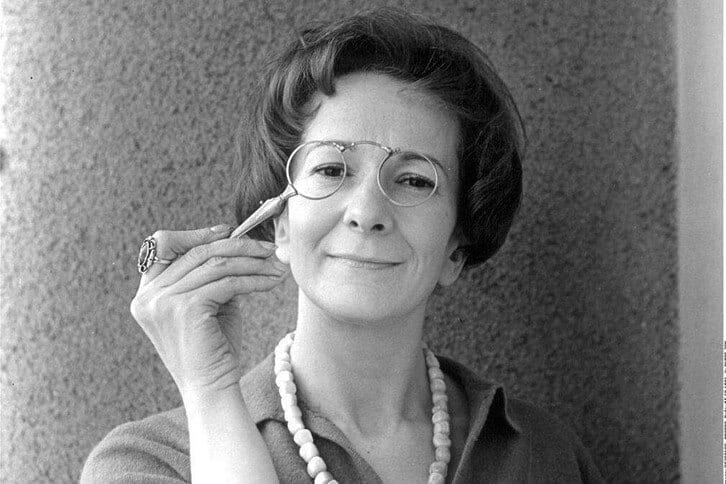
Next prize went to Wisława Szymborska in 1996. And this artist should need no introduction. Born in 1923, Szymborska was a poet, translator and an essayist. Swedish Academy, when awarding Wisława, said: “for poetry that with ironic precision allows the historical and biological context to come to light in fragments of human reality”. Her works are translated into multiple languages, so I highly recommend you to read some of them.
Laureates that no one mentions
Well, the list of Polish laureates is coming to an end. Before I introduce you to the newest winner properly, let me show you some people who were somewhat connected to Poland and won the Nobel Prize.
- Albert Abraham Michelson (physics, 1907, born in today’s Poland),
- Isidor Isaac Rabi (physics, 1944, born into a Polish family),
- Tadeusz Reichstein (medicine, 1950, born into a Polish family),
- Andrzej Viktor “Andrew” Schally (medicine, 1977, born in Poland),
- Menachem Begin (peace, 1978, sent to a Polish school and living in Poland during the II World War),
- Isaac Bashevis Singer (literature, 1978, born in Poland),
- Roald Hoffmann (chemistry, 1981, born in Poland),
- Georges Charpak (physics, 1992, born in Poland),
- Shimon Peres (peace, 1994, born in Poland),
- Joseph Rotblat (peace, 1995, born in Poland),
- Leonid “Leo” Hurwicz (economics, 2007, grew up and educated in Poland).
Olga Tokarczuk
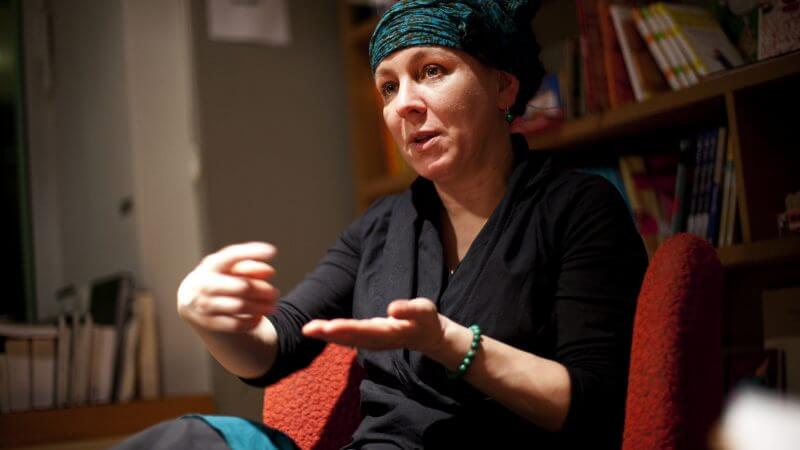
Okay. So the last, but certainly not least is Olga Tokarczuk. She received the award a few weeks ago “for a narrative imagination that with encyclopedic passion represents the crossing of boundaries as a form of life” (Swedish Academy). If you already live in Poland, you have heard about her for sure. Her books are everywhere, and now that she owns the Nobel Prize in literature, her name is getting even bigger and bigger.
Now you got to know all of the Nobel Prize winners. Their engagement in work and simply, making the world a better place, will always be praised and appreciated. Let’s have a hope that Olga Tokarczuk will soon be succeeded by yet another talented scientist, artist or activist.

